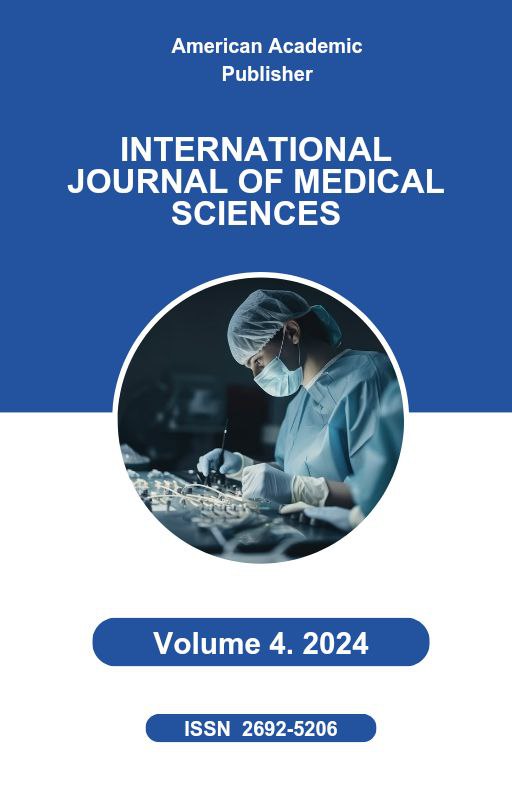 Articles
| Open Access |
https://doi.org/10.55640/
Articles
| Open Access |
https://doi.org/10.55640/
QUALITY OF LIFE IN ADOLESCENTS WITH NEUROCIRCULATORY DYSTONIA
Umarova M.A. , Andijan State Medical Institute, UzbekistanAbstract
Neurocirculatory dystonia (NCD) is a functional cardiovascular disorder that affects a significant proportion of adolescents and is characterized by autonomic dysfunction, psychosomatic complaints, and emotional instability. Although NCD does not lead to organic heart disease, it exerts a profound impact on the quality of life (QoL) of adolescents by limiting their physical activity, reducing academic performance, and influencing psychological well-being. The purpose of this study is to analyze the main determinants of QoL in adolescents with NCD, summarize clinical and psychosocial outcomes, and discuss strategies to improve health-related quality of life.
Keywords
neurocirculatory dystonia, adolescents, quality of life, psychosomatic disorders, autonomic dysfunction.
References
Ivanov, A., & Petrova, E. (2021). Autonomic dysfunction and quality of life in adolescents: a comparative study. Journal of Pediatric Cardiology, 38(4), 212–219.
Smith, J., & Brown, L. (2020). Psychological aspects of functional cardiovascular disorders in youth. Adolescent Medicine Review, 15(1), 33–41.
Karimov, B. (2019). Neurocirculatory dystonia and psychosocial outcomes in Central Asian adolescents. Central Asian Medical Journal, 24(3), 59–68.
World Health Organization. (2022). Adolescent mental health and quality of life. Geneva: WHO Press.
Lee, M., & Chen, Y. (2023). Exercise interventions and quality of life improvement in adolescents with autonomic dysfunction. International Journal of Pediatric Health, 13(2), 101–110.
Article Statistics
Downloads
Copyright License

This work is licensed under a Creative Commons Attribution 4.0 International License.

